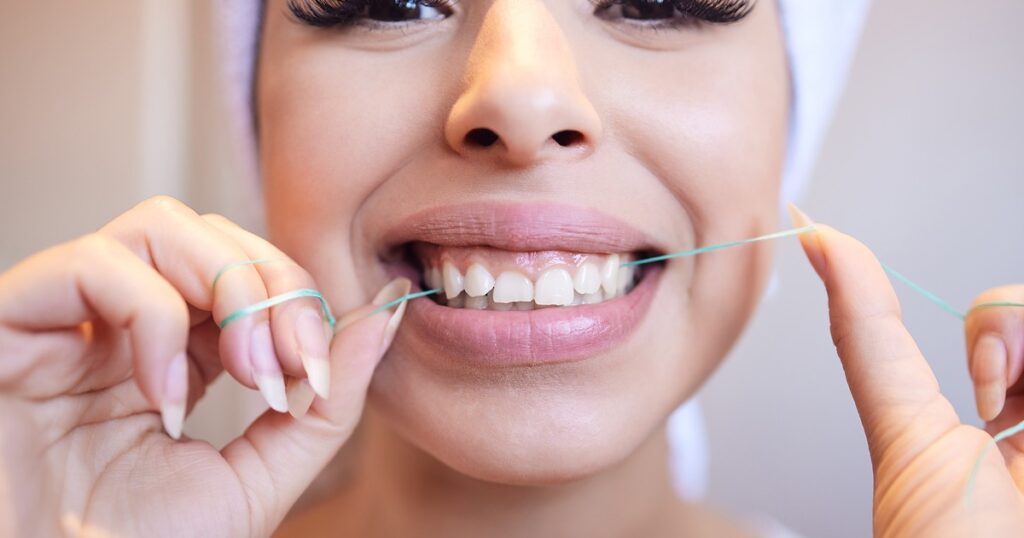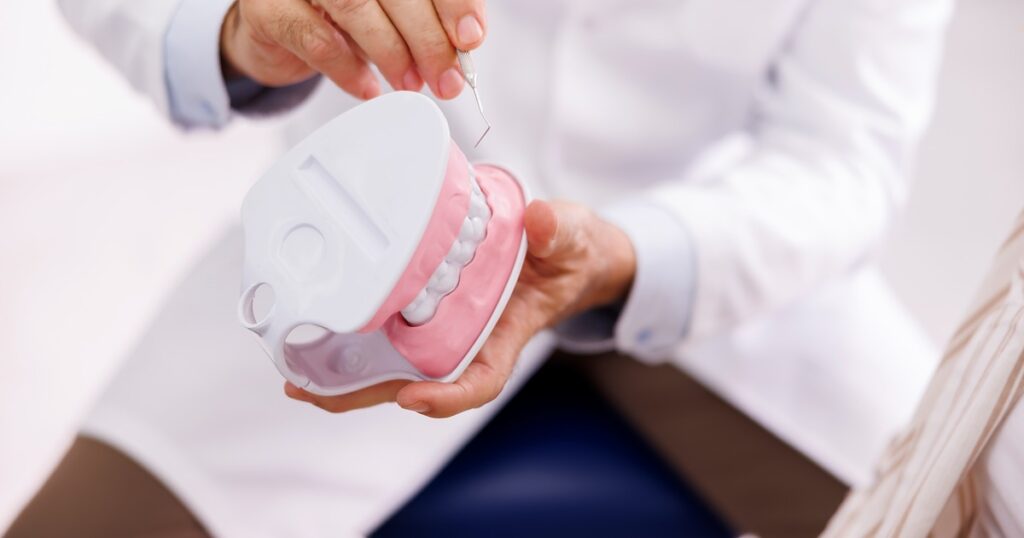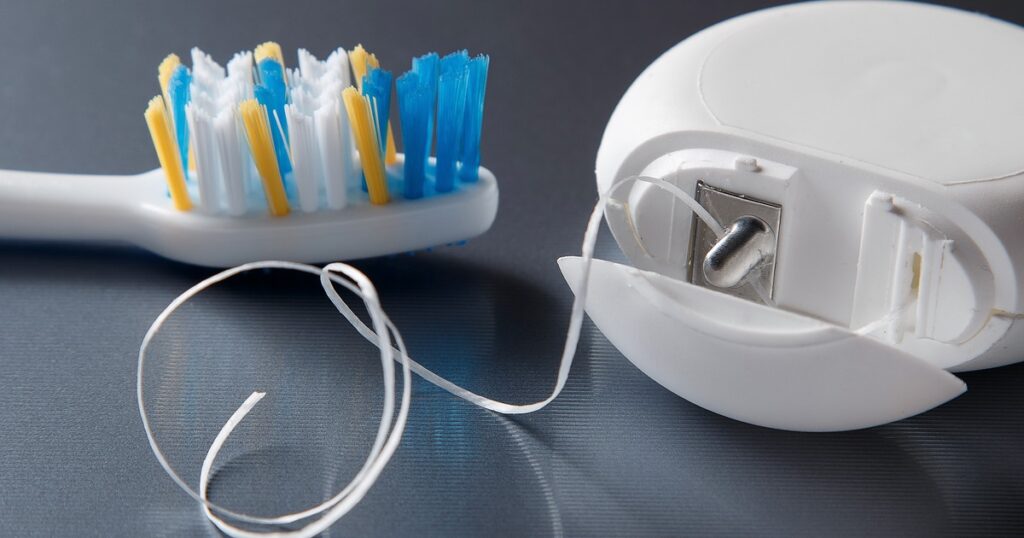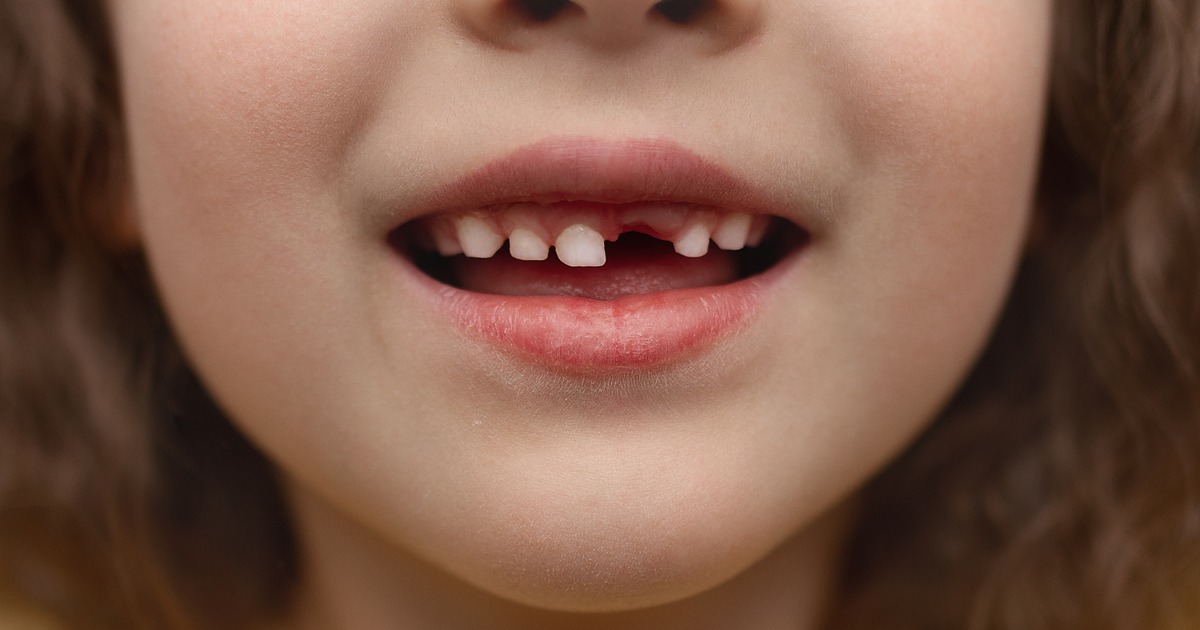When Do Molars Come In? Complete Teeth Age Chart for Kids & Permanent Teeth
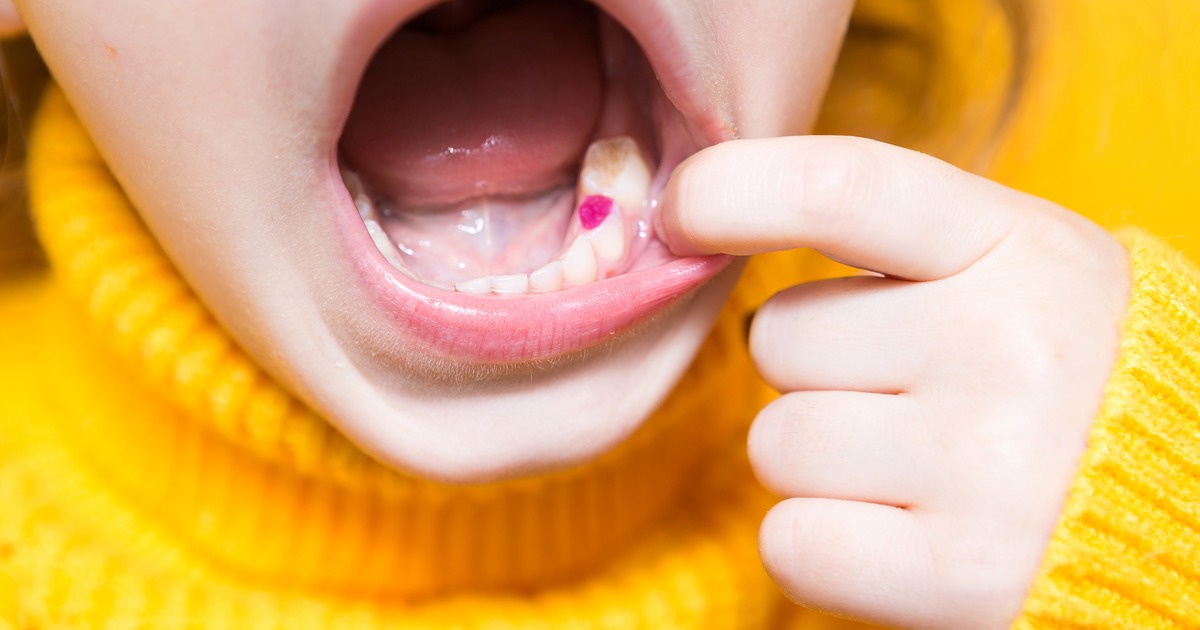
Understanding when teeth come in is one of the most common questions parents have. From toddler molars to permanent back molars and even third molars (wisdom teeth), every stage plays a big role in your child’s oral health. If you’d like a more detailed breakdown, check out the Kids’ Teeth & Molar Eruption Guide. To protect children’s smiles as they grow, also read about Childhood Tooth Decay: Causes & Prevention.
This guide explains:
-
When do molars come in?
-
At what age do back molars appear?
-
When do permanent teeth replace baby teeth?
-
How long does it take for a tooth to grow in?
We’ve also included a teeth eruption age chart for easy reference.
🍼 Toddler Molars (Primary Molars)
Babies begin teething around 6 months, but molars appear later in toddlerhood.
Toddler molar eruption timeline:
-
First molars: 13–19 months
-
Second molars: 23–33 months
👉 Many parents call these toddler molars. They help kids chew solid foods and hold space for adult teeth.
👦 When Do Kids Get Molars?
Kids get two sets of molars before permanent ones:
-
First baby molars: around 1–1.5 years old
-
Second baby molars: around 2–3 years old
By age 3, most children have their full set of 20 baby teeth.
😬 When Do Back Molars Come In?
Back molars can mean:
-
Baby back molars (2nd primary molars): 2–3 years
-
First permanent back molars (6-year molars): 6–7 years
-
Second permanent back molars (12-year molars): 11–13 years
-
Third molars (wisdom teeth): 17–25 years
🦷 When Do Permanent Teeth Come In?
Permanent teeth begin replacing baby teeth around age 6.
Permanent tooth eruption timeline:
-
Central incisors: 6–8 years
-
Lateral incisors: 7–9 years
-
First permanent molars (6-year molars): 6–7 years
-
Canines (cuspids): 9–12 years
-
Premolars: 10–12 years
-
Second molars (12-year molars): 11–13 years
-
Third molars (wisdom teeth): 17–25 years
👉 By the early teen years, most kids have 28 permanent teeth, with the last 4 wisdom teeth arriving in young adulthood.
🐾 When Do Canine Teeth Come In?
-
Primary canines: 16–23 months
-
Permanent canines: 9–12 years
These sharp teeth help tear food and guide other teeth into place.
📊 Teeth Age Chart (Baby vs Permanent Teeth)
| Tooth Type | Baby Teeth (Eruption) | Permanent Teeth (Eruption) |
|---|---|---|
| Central Incisors | 6–12 months | 6–8 years |
| Lateral Incisors | 9–16 months | 7–9 years |
| Canines (Cuspids) | 16–23 months | 9–12 years |
| First Molars | 13–19 months | 6–7 years |
| Second Molars | 23–33 months | 11–13 years |
| Third Molars | — | 17–25 years (wisdom teeth) |
🧑⚕️ How Long Does It Take for a Tooth to Come In?
On average, it takes about 1–2 weeks for a tooth to fully break through the gums once eruption begins.
Factors affecting timing:
-
Genetics
-
Nutrition
-
Space in the jaw
-
Overall health
Some kids experience teething discomfort for weeks before a tooth actually appears.
👶 Toddler Molar Teething
When toddlers get molars (1–3 years old), common symptoms include:
-
Irritability
-
Drooling
-
Gum swelling
-
Trouble sleeping
-
Chewing on toys or fingers
Tips to help:
-
Give a chilled (not frozen) teething ring
-
Gently massage gums with a clean finger
-
Use child-safe pain relievers if recommended by a pediatric dentist
🧑⚕️ FAQs
Q1: Do 4-year-olds get molars?
A: No. By 4, children usually already have their 20 baby teeth. The next stage (6-year molars) comes later.
Q2: What are 3rd year molars?
A: This refers to second baby molars, which erupt between 2–3 years old.
Q3: At what age do molars come in for permanent teeth?
A: First set at 6–7 years, second set at 11–13 years, and third (wisdom teeth) at 17–25 years.
Q4: How long does it take for a tooth to grow completely?
A: Once erupted, it may take a few months for the tooth to fully grow into position.
📝 Final Takeaway
👉 Molars and permanent teeth come in stages throughout childhood and young adulthood.
-
Toddler molars: 1–3 years
-
6-year molars: 6–7 years
-
12-year molars: 11–13 years
-
Wisdom teeth: 17–25 years
Every child is different, but knowing the teeth age chart helps parents track normal development. Regular dental checkups ensure teeth erupt correctly and stay healthy.



